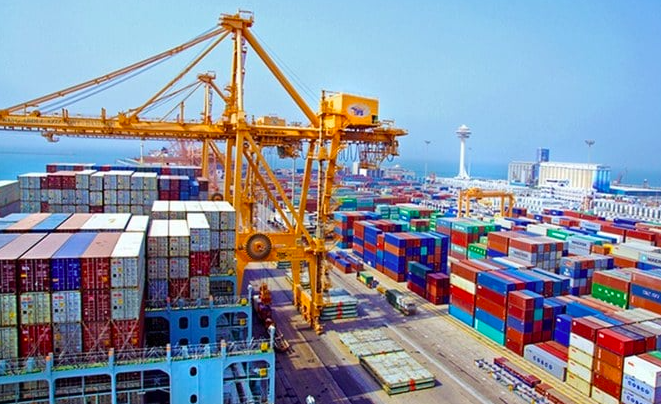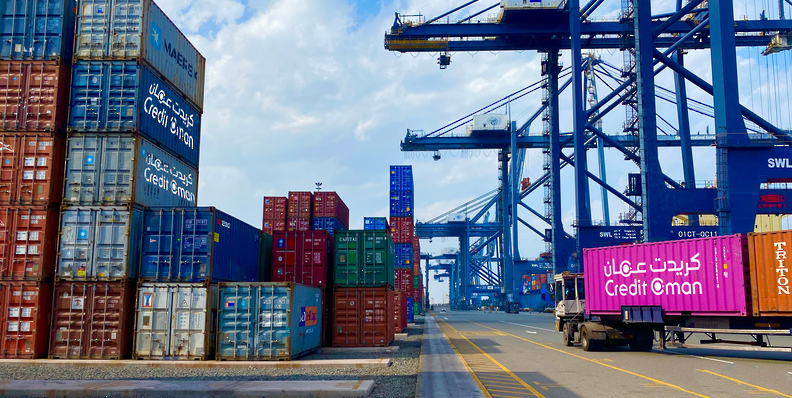RIYADH: Saudi Arabia’s food security drive is set to take a huge leap forward after the Kingdom’s port authority signed a deal with Danish shipping company Maersk to operate a 30,000 sq. m refrigerated storage center in King Abdulaziz Port in Dammam city.
According to the Saudi Press Agency, the authority – also known as Mawani — reached an agreement with the firm, as well as Saudi Arabian Refad Real Estate, to run the facility, which is projected to have an annual capacity for 168,000 exported and imported pallets of frozen goods and processed food, as well as dairy products and seasonal fruits.
Moreover, the new center will also be equipped in accordance with international standards for temperature and humidity and greenhouse gas emissions will be minimized by a solar panel plant with a capacity of up to 600 kilowatts.
In addition to this, the center is expected to generate at least 15 percent of the energy requirements at the start of operations.
It will also include a water treatment plant in an attempt to meet local demand without having to opt for external plants; thus, bringing down the number of carbon emissions from the external plans by an estimated 87,600 kilometers per year.
This falls in line within the framework of further strengthening the food security system and supporting the Kingdom’s food imports and exports, 20 percent of which come through the King Abdulaziz Port.
In keeping with the Saudi Green Initiative, the trucks transporting goods between the center and the King Abdulaziz Port station will be replaced with electric ones.
The refrigerated storage services will contribute to elevating the level of logistics services and supply chains in line with the goals of the national strategy for transport and logistics which aims to position Saudi Arabia as a global logistics center and a hub for connecting three continents.
Earlier this month, Mawani and Medlog, the logistics arm of the Mediterranean Shipping Co., signed an agreement to build the first integrated logistics park and a re-export zone at King Abdulaziz Port in Dammam, the Saudi Press Agency reported.
The deal, worth more than SR100 million ($27 million), will help achieve Mawani’s goals of increasing the number of national re-export logistics centers to 30 and raising the Kingdom’s logistics performance index ranking to 4.01 by 2030.
Over the past two years, Mawani, the primary developer of the Kingdom’s maritime transport sector, has struck strategic agreements with local and international partners to establish six integrated logistics parks with more than SR2 billion in investments, creating at least 6,000 direct and indirect job opportunities in the first phase.


























